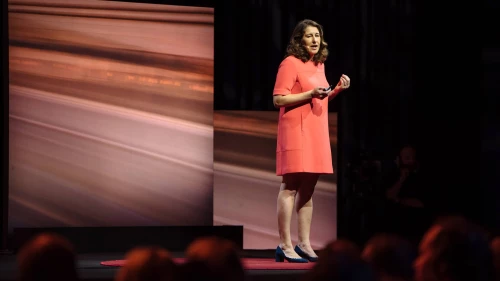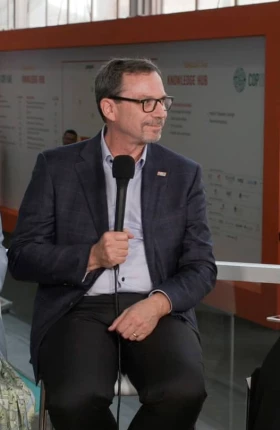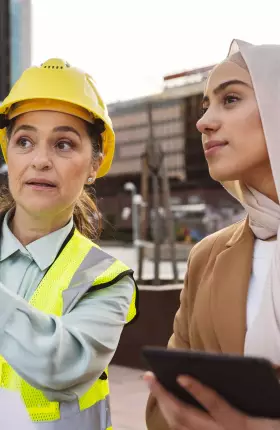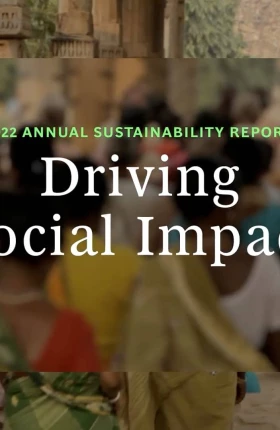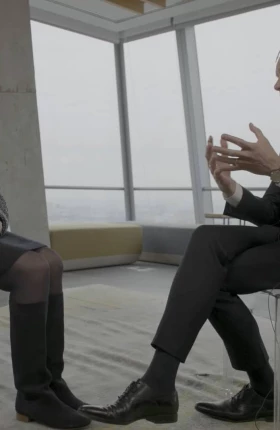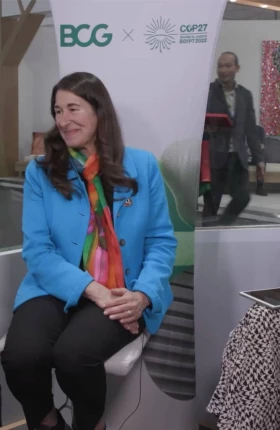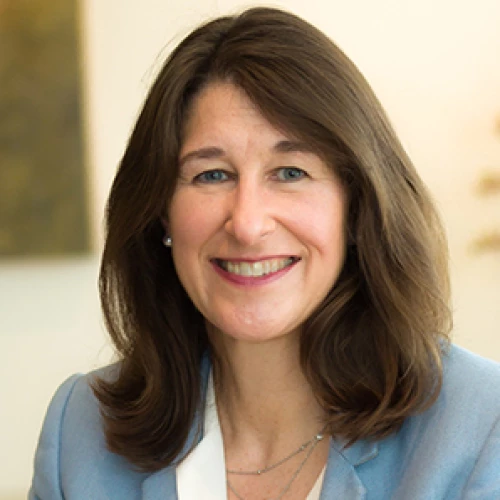
Wendy Woods
Vice Chair, Social Impact, Climate & Sustainability; Managing Director & Senior Partner BostonEducation
- MBA, Kellogg Graduate School of Management at Northwestern University
- BA, economics, University of Michigan
Honors and Awards
- Women Leaders in Consulting Award, Consulting magazine, 2015
Wendy Woods is Boston Consulting Group's vice chair for Social Impact, Climate & Sustainability. Currently based in Boston, she has also worked extensively across Europe, Africa, and Asia. Wendy is responsible for BCG's work in climate and sustainability, sustainable and innovative finance, diversity and inclusion, global health and development, and education. She works with businesses, investors, governments, and social sector organizations to create sustainable strategies and partnerships that help clients create positive impact in the world, strengthen their competitive market position, and build resilience.
Wendy is passionate about cross-sector cooperation and sustainable value creation, as highlighted in her TED talks, “The business benefits of doing good” and "Collective cooperation in the social sector.” Her recent publications focus on the importance of scaling climate finance.
She is a member of the Executive Committee of the World Business Council for Sustainable Development and the Advisory Board for Plaksha University, as well as a board member for the Elevate Prize Foundation, TENT Partnership for Refugees, and OpenSC, a company focused on creating transparent, verified, sustainable, and fair wage supply chains.
Prior to joining BCG, Wendy worked as a consultant for the Organization for Economic Cooperation and Development (OECD) and as a Senior Economist for the U.S. Bureau of Labor Statistics.
